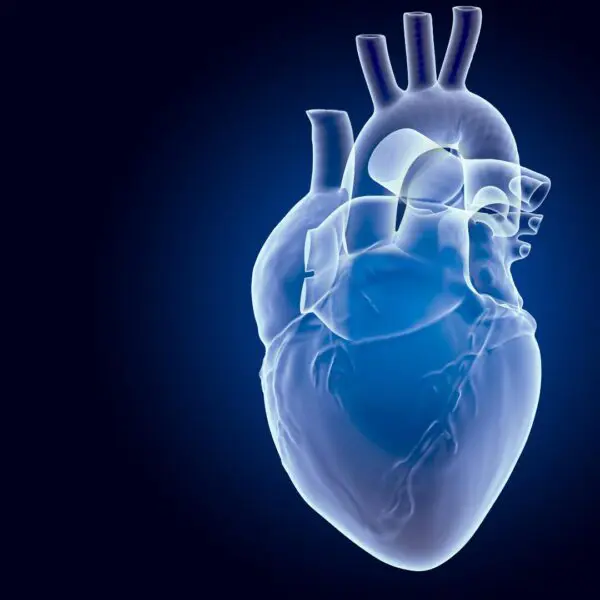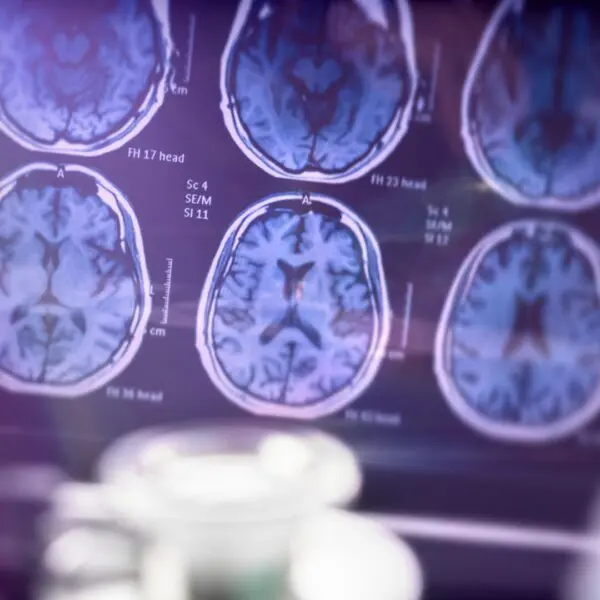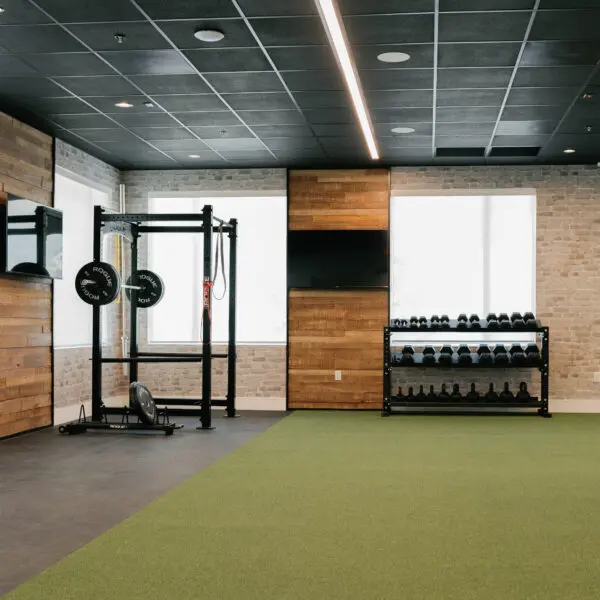Stronger Skeletal Muscles
Another truism we can apply to exercise is sound body, sound mind, especially as we get older. Skeletal muscle has a profound effect on the brain, due in part to certain growth factors derived from muscle. One such growth factor is brain-derived neurotrophic factor (BDNF). BDNF supports the survival and growth of neurons in the central and peripheral nervous systems. BDNF is literally secreted by muscle, which helps explain why theres such a strong connection between your muscles (and more specifically, exercise) and your brain.
Fight Sarcopenia (muscle loss)
Aside from brain health, theres the health of the muscles themselves. One serious, and very common, condition that comes with old age is sarcopenia. This technical-sounding term simply refers to the wasting of your muscles, where one loses skeletal muscle mass and strength. With sarcopenia comes a host of problems: diminished quality of life, loss of function for everyday activities, frequent injuries, and increased risk of disease, just to name a handful. Granted, theres no escaping Father Time, but sarcopenia can be prevented, or at the very least delayed, with regular exercise. Back to the use it or lose it phrase if you dont use your muscles via physical activity, you’ll essentially lose them via sarcopenia.
Weight Loss
Of course, exercise is also very important for weight management, which is critical for fending off a host of diseases and maximizing quality of life. Exercise helps you build and maintain muscle, and the more muscle you have the more calories you’ll burn throughout the day. Why? Because muscle is highly metabolic tissue that requires a lot of energy (calories) to maintain.














